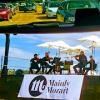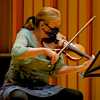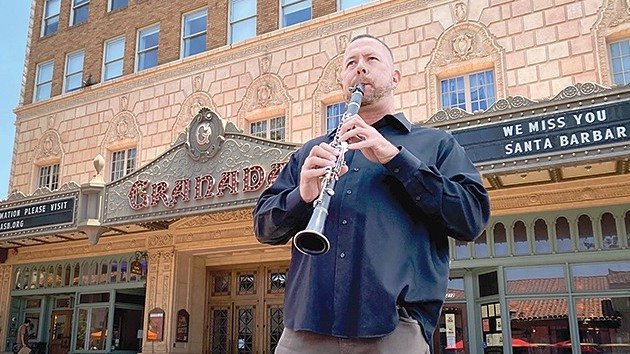
Every morning Don Foster wakes up and looks across at his life-long partner. And like so many others, the depth of their relationship has been strained by the pandemic.
“Hi clarinet,” he says struggling to overcome a lack of enthusiasm. “What shall we do today? Long tones? G-minor scales?”
Being a professional musician at the moment, Foster feels, is like being an Olympic athlete who is trying to stay in shape with no idea when you’ll get to compete.
“It’s a lot easier said than done,” he observes. “It took 25 years for me to reach a point in my career where I was constantly preparing for the next orchestra concert, opera performance, or recording session. Not having goals to work toward really messes with your head. The last year has been devastating. Everyone is depressed. There’s no adrenaline rush, no companionship, no artistic satisfaction. If you’re going to remain disciplined under these conditions you have to dig really deep.”
Dollars and Sense
When the impact of the pandemic on the performing arts is measured, the metrics tend to be based on the loss of revenue through ticket sales, subscriptions, donations etc. But there is an even more devastating set of metrics that are much harder to quantify. How do you measure the psychological impact of the pandemic on performers that have spent their entire lives developing and perfecting their craft, savoring the camaraderie and sense of teamwork that comes with making music, as well as the spirit-filling rejuvenation that live performances provide for the musicians and audiences alike?
Don Foster, violinist Mei Chang, and harpist Allison Allport are members of the vast network of freelance musicians that support and arts and entertainment business of Los Angeles. They are the “freeway fliers,” players who log as many miles a year traveling back and forth to gigs as there are notes in a score.
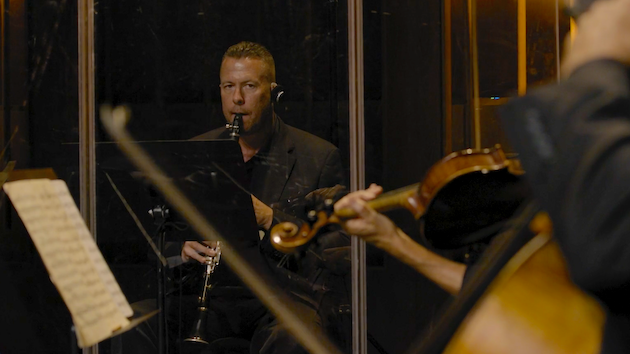
“I’m a regularly contracted member of three orchestras,” says Foster, “the Santa Barbara Symphony, the New West Symphony (in Thousand Oaks), and the Pasadena Symphony. But my principal employer is (or was) the Los Angeles Opera Orchestra. For the last year, I haven’t been doing much at all musically: a few recording sessions and some performance captures for streaming. And when I did do a chamber-music capture for the Pasadena Symphony (playing the Brahms Clarinet Quintet) I had to be sealed in Plexiglas and couldn’t even hear the string players. Somehow, we managed to pull it off, but as you’d expect it wasn’t very satisfactory. I’ve been fortunate because I have a full-time teaching position at Riverside City College, and Riverside has offered vaccinations for teachers.”
The way Allison Allport sees it, “With concerts off the table and recording sessions incredibly scarce, there is a lot to miss. My first thought was at least I don’t miss the commuting. But actually, that’s not even true. I realized how much I enjoy the time with my carpool buddies or on my own listening to NPR in my car. Before the pandemic I did a lot of studio work and subbed with several different orchestras: Pacific Symphony (in Orange County), San Diego Symphony, the Santa Barbara Symphony and the opera, Pasadena Symphony, LA Opera, and the Los Angeles Chamber Orchestra. Two years ago, I would drive all the way to Modesto. Then it all came crumbling to a halt and no one knows yet how long it’s going to last. In the beginning, orchestras tried to keep going postponing their season one concert at a time before they had to accept the new reality.”
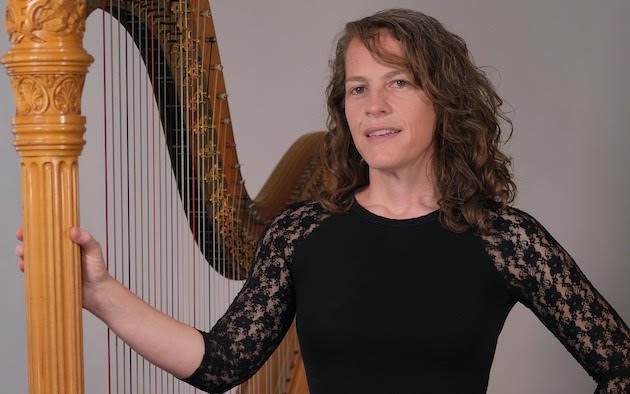
That was a moment of truth that each orchestra administration faced differently. Long Beach Symphony chose to go dark. Others, like the LA Opera, LACO, and Pasadena Symphony made a commitment to their staff and freelance players (with the aid of PPP loans) to maintain whatever brand presence they could, based on performance captures for online streaming. The only organization that steadfastly committed itself to presenting live (drive-in) performances was Mainly Mozart in San Diego.
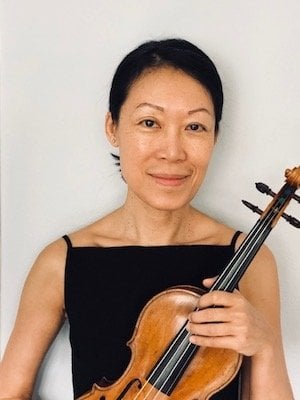
“The disparity between how Long Beach and Pasadena handled the pandemic could not have been more stunning,” says Mei Chang, who performs as a member of both orchestras. “LBSO, the one with the bigger budget, cut the musicians out of their PPP loan aid and cited the force majeure clause to immediately terminate our CBA [collective bargaining agreement]. Pasadena, which prides itself on being almost a boutique regional orchestra, made sure they included the musicians in their pandemic planning and delved into streaming performances as soon as they were ready to do so, with the goal of supporting musicians and not losing their audience base.
The harsh lesson that rank-and-file musicians are reminded of in every crisis is how dispensable we are. Budget size is not what rules the survival of cultural institutions. What is crucial to our survival is having a management that is in tune with how the organization they lead is supposed to serve their community, and if they really believe musicians are always dispensable or replaceable.”
It should be noted that the vast majority of professional musicians in Los Angeles are freelance independent contractors. The only full-time employees are the musicians of the Los Angeles Philharmonic.
“For freelancers,” says Allison Allport, “your career has to be a diverse portfolio: teaching in college or privately, performing with multiple orchestras, and recording. Ordinarily that would have been enough to weather any storm, and at the time [before the pandemic] it seemed like maybe I was doing too much. Then my income stopped almost entirely and I had to file for unemployment. The partial payment from orchestras helped, especially when my students stopped coming. That being said, I think the variety I have grown used to from freelancing set me up really well to adjust and adapt. I’ve been touched by how many of my students enjoy playing enough to keep up their lessons over Zoom. I appreciated them even more now and am thrilled that I can give more of my focus to teaching.”
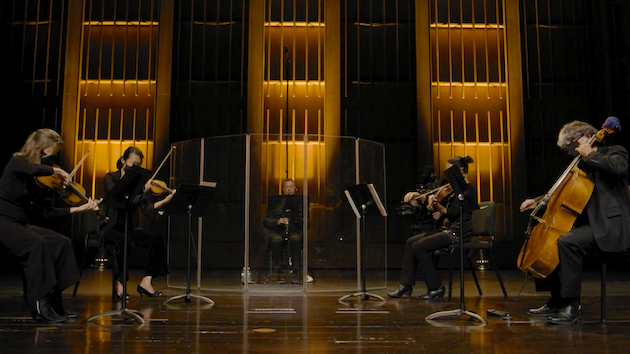
There are ways these three musicians say this pandemic year has had a positive impact on their lives. Allport says she has discovered the pleasure of life lived at a slower pace and has devoted time to writing an e-textbook on music appreciation. Chang made the commitment to upgrade her studio for enhanced recording and focused on perfecting her playing of the Baroque violin. While for Foster, he found the best way to escape the pandemic was to get out of town entirely and simply cocoon with his other life partner in the northern climes of Redwing, Minnesota.
Perhaps in the end, Chang sums it up the most succinctly.
“In freelancing, the one skill you have to learn right away is how to survive. The way I see it, this is a time to improve, not just wait.”



